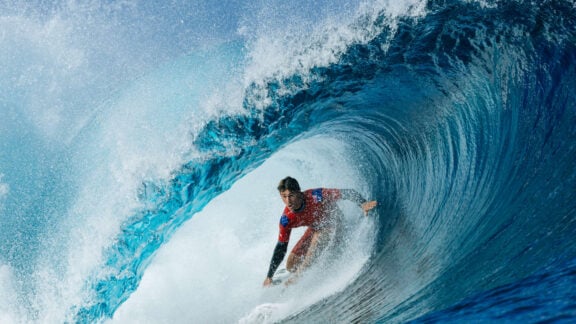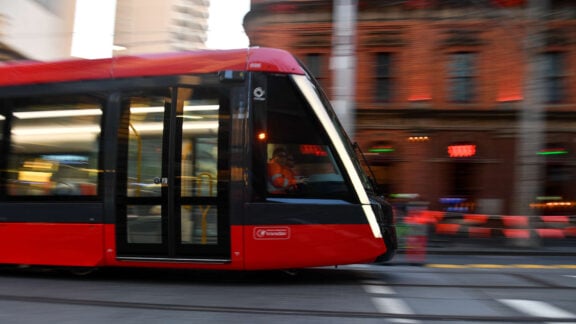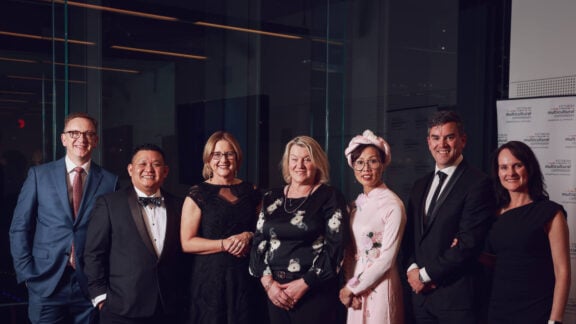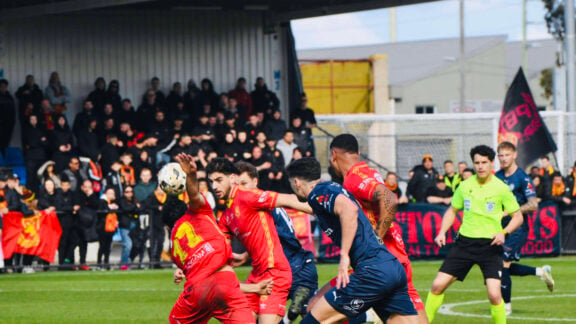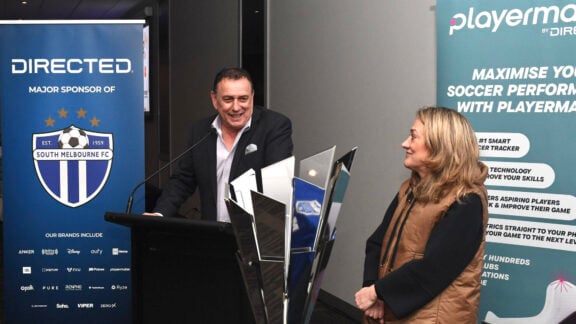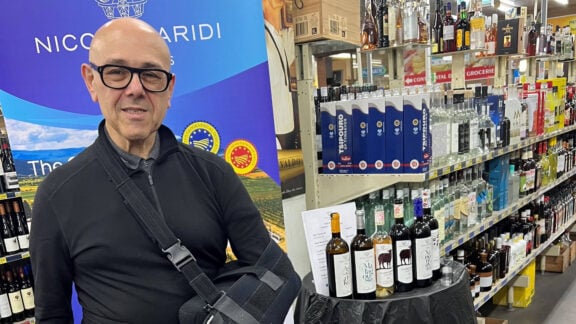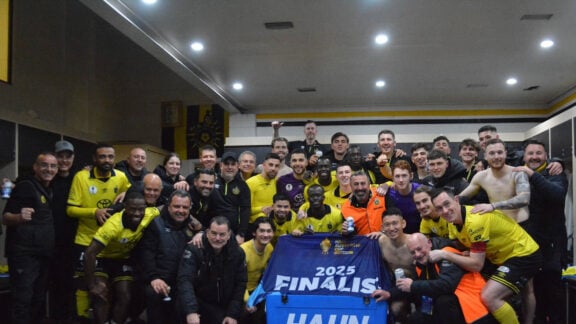The reduction of tariffs and the strong Australian dollar has created a squeeze on the manufacturing industry and Bill Sardelis, commercial director of South Australian company Carr Components, says they are feeling the pinch.
The depletion of tariffs and the strong Australian dollar has made the industry less competitive, and the industry is suffering at the hands of cheaper competitors. “The idea of the tariff reduction plan was to make us more competitive, but when Senator Button wrote that plan he wasn’t expecting the dollar to be so high. No one is suggesting the tariffs should be back up at 20 to 40 per cent, but at five per cent is makes it extremely difficult to import our products,” Mr Sardelis told Neos Kosmos.
“Foreign governments are keeping their currencies quite low, the Chinese currency is pegged to the US dollar but our currency is high.”
When the business took over operations from an American company back in 1999, there were very encouraging signs in the industry. He said when he started in the business, the company was manufacturing for a number of industries, such as whitegoods. But now that those manufacturing industries have been outsourced, all that’s left for his business – at the moment – is the automotive industry, with Holden as his core customer. His concerns are not only with his own business, but with the manufacturing industry as a whole.
Mr Sardelis is concerned that if the industry continues as its current trends, as a nation we won’t be able to “build it back up” and it could take two to three generations to reestablish the industry and retrain staff that had been lost.
“It’s not a level playing field with our competitors,” says Mr Sardelis, “and that’s the part that makes it very frustrating and difficult to make long-term investment decisions. “In this game we have to think five years ahead, because it takes five to six years to build a car so we are quoting now for the next vehicle. Holden is the backbone of most of our operations so we are now quoting and planning for future generation models, we are sitting here as directors looking at this business saying ‘I’d like to invest in new equipment but it’s shaky’.” But through it all, he remains optimistic that his business will survive the current climate.
“We’ll survive,” he adds confidently. “We will grow, we are looking constantly to diversify but there are not a lot of other industries that use the same products and we’ve got work now leading through to the middle of 2016 so the next four years for us we know what work levels we’ve got. The uncertainty is what may happen with volumes if things get any worse.”
Mr Sardelis measures volumes on the amount of cars that Holden create. As it stands, Holden are producing around 400 cars a day, in lieu of the 1000 they used to produce a day when things were booming, but all in all, it has remained at a stable 600 – 650 cars a day in the past decade. Alarmingly, the number dropped to 250 cars a day during the GFC.
“I think we can rebuild it, I think we need to stabilise it, which is what they are talking about now in securing the next generation, but at some point I think we need to make some decisions in the sense that what’s the point of difference because if we keep playing the cost game with overseas we are going to lose,” Mr Sardelis says. “We have to make some decisions as a country, where we are going to grow. Mining’s great, but it doesn’t employ a lot of people for money comparing to manufacturing which is a sector that employs directly employs five to eight per cent of the population.”
Mr Sardelis’ company employs around 100 staff, who he says are “concerned about the future”. He ensures his staff are updated with all the current situation of the industry through monthly meetings and discusses with them where the business is and where it is going.
Job cuts have been at the height of everyone’s concern in Australia with Qantas announcing last Thursday they would cut 500 jobs from their catering division and have launched a two-month review of its heavy maintenance operations, with the aim of consolidating its three facilities in Melbourne, Avalon and Brisbane.
Furthermore, ANZ announced they would cut 1000 permanent jobs in Australia during the 2012 financial year with most of the cuts occurring in middle management, back office and support staff. But of most concern to Mr Sardelis would be if Holden were to shut its South Australian operations in Elizabeth which would mean about 6000 jobs lost in the state.

